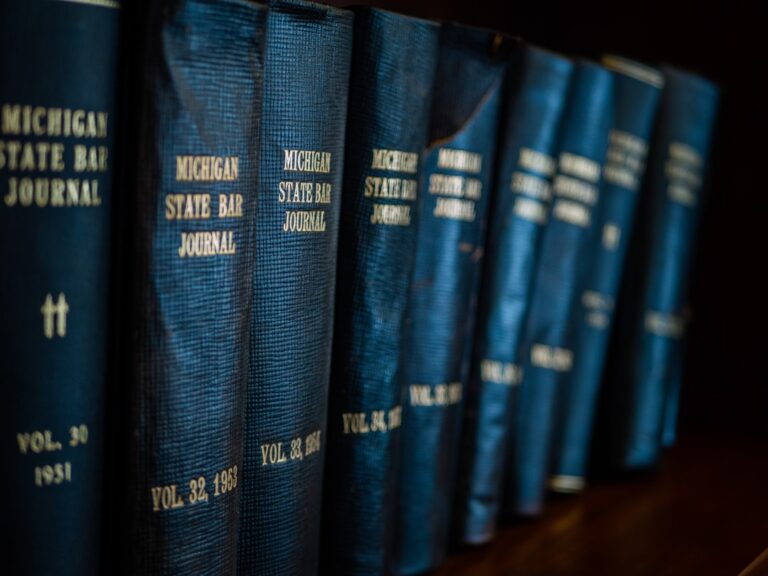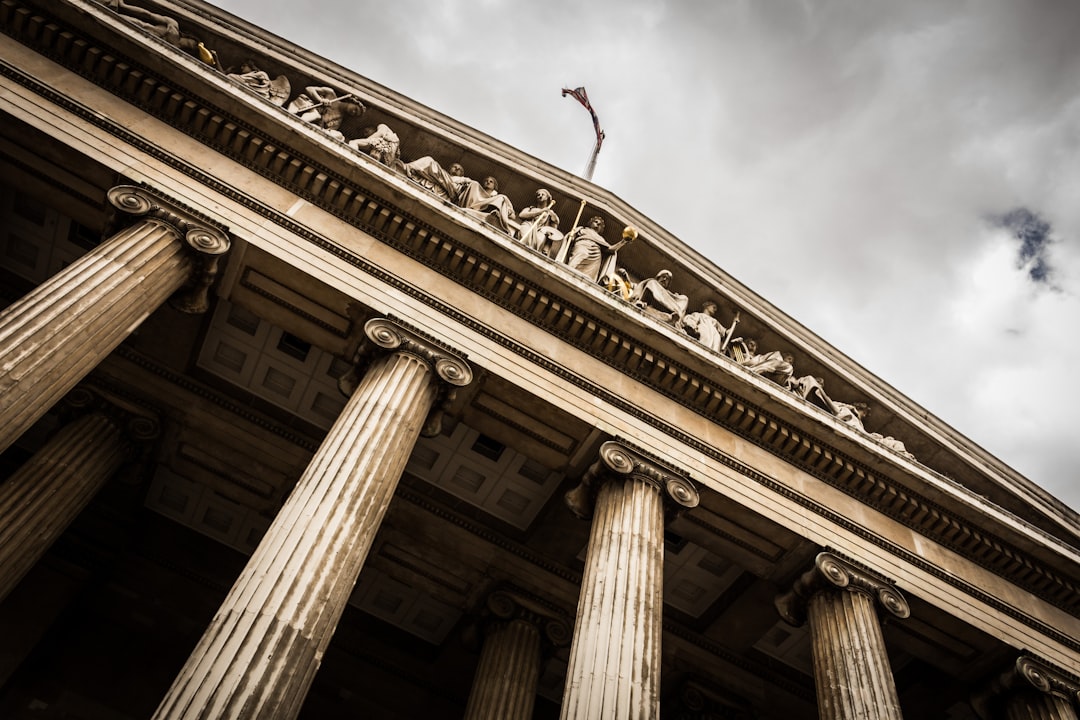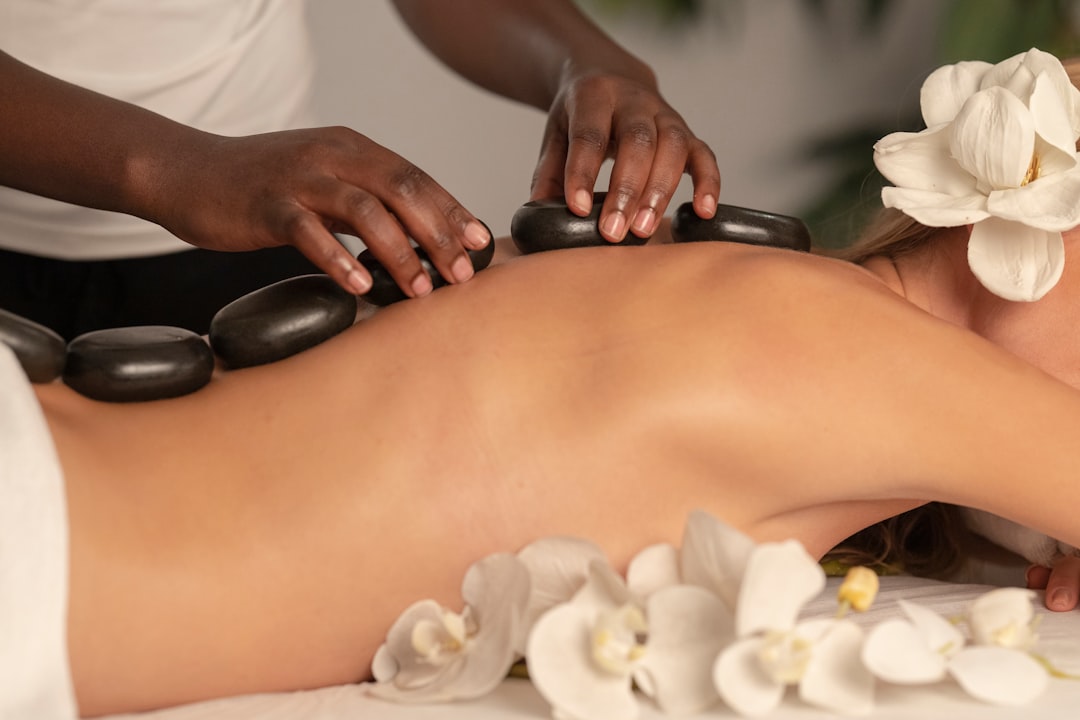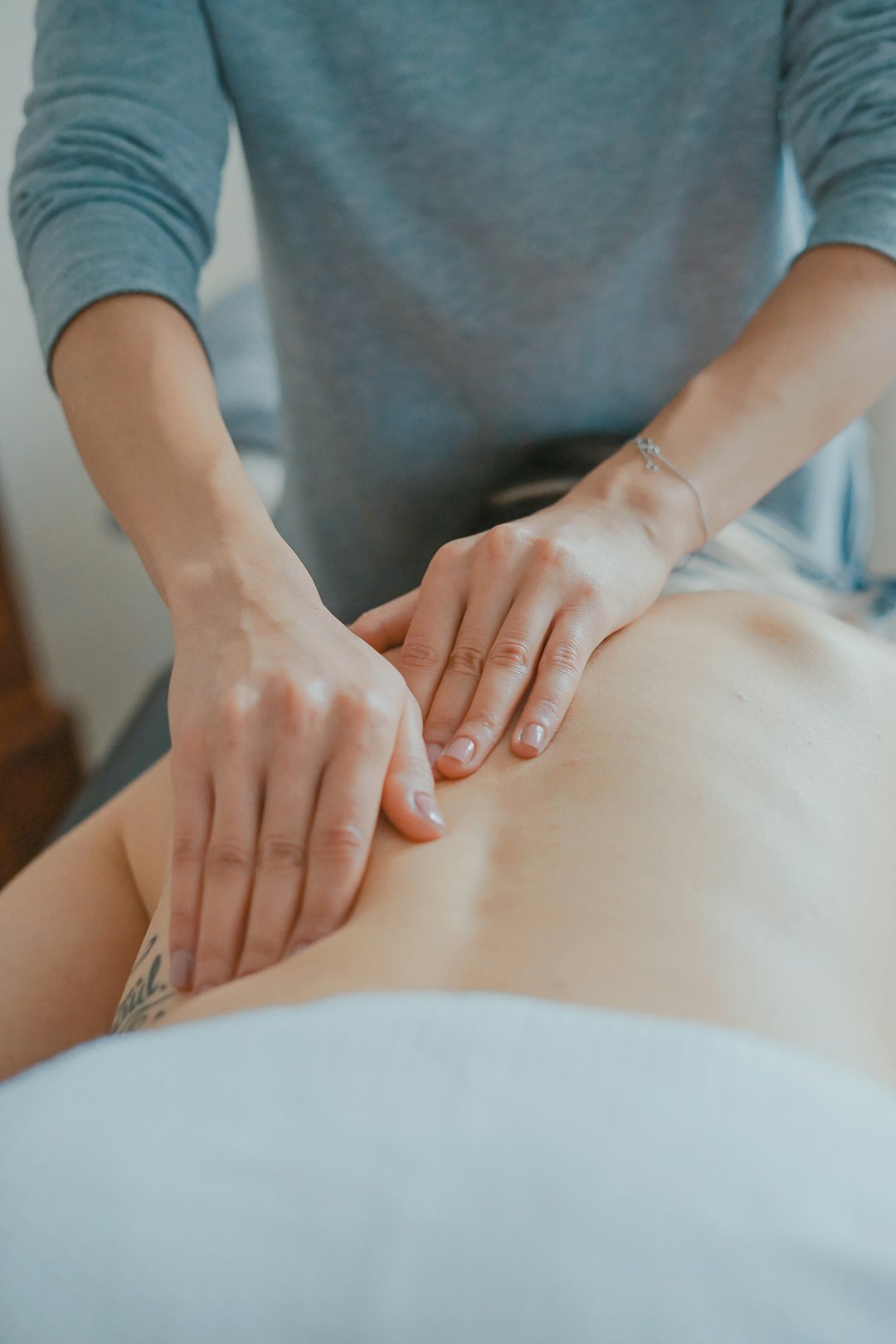Philadelphia's diverse cultural landscape presents unique challenges and opportunities for massage therapists, who must adapt to varied perceptions of touch, consent, and wellness across Asian, African, Latin American, and European communities. Strict local laws, enforced by massage abuse law firms in Philadelphia PA, aim to protect clients from abuse, emphasizing consent, privacy, and professional boundaries. Therapists navigate cultural differences through open communication, tailored practices, and adherence to legal frameworks to foster trust and create an inclusive environment.
“In Philadelphia, a city renowned for its cultural diversity, the practice of massage therapy is enriched yet complex by varying cultural perceptions. This article explores how these perceptions shape the massage therapy landscape in Philly. We delve into the city’s cultural mosaic, focusing on touch and consent across diverse communities. Additionally, we examine legal frameworks designed to protect clients from massage abuse, emphasizing the importance of cultural sensitivity in therapy practices. Key topics include the role of a massage abuse law firm in Philadelphia, PA.”
Cultural Diversity in Philadelphia's Massage Therapy Scene

Philadelphia, known for its rich cultural diversity, is a melting pot of various ethnic and socio-cultural backgrounds, which significantly influences the city’s massage therapy scene. This diversity brings both unique opportunities and challenges for practitioners, as they cater to clients from different cultural contexts with distinct preferences and beliefs about health, wellness, and body treatments.
The city’s vibrant tapestry includes communities from Asia, Africa, Latin America, and Europe, each contributing their traditional healing practices and perceptions of massage therapy. For instance, some cultures emphasize the holistic benefits of touch therapies, integrating them into ancient wellness rituals, while others might hold specific beliefs about the causes and treatments of physical ailments. This cultural diversity necessitates a nuanced approach to practice, where therapists must be adaptable and respectful in their understanding and application of various techniques, ensuring client comfort and safety within the legal boundaries, as protected by massage abuse laws in Philadelphia, PA.
Perceptions of Touch and Consent Across Cultures

Cultural perceptions play a significant role in shaping how touch is interpreted and perceived, which has implications for massage therapy practices. In some cultures, physical contact and touch are deeply personal and intimate matters, while others may view touch as a common form of communication and care. For example, in Asian cultures, massage is often seen as a holistic practice that involves precise pressure points and gentle strokes, emphasizing relaxation and healing. In contrast, Western societies may associate massage more with physical therapy and sports recovery, focusing on targeted techniques to alleviate specific pain points.
Consent is another critical aspect influenced by cultural norms. Different cultures have varying levels of comfort with touch and personal space. Some communities emphasize explicit verbal consent, while others rely on non-verbal cues or implied permission. In Philadelphia, PA, where cultural diversity thrives, massage therapists must be vigilant about understanding and respecting these differences to avoid any instances of massage abuse. It’s essential for practitioners to obtain clear, informed consent from clients, ensuring they understand the scope of the treatment and their rights, as outlined by local laws protecting against massage abuse.
Legal Frameworks: Protecting Clients from Massage Abuse

In Philadelphia, as in many cities, the legal frameworks governing massage therapy practices are designed to protect clients from potential abuse and ensure ethical conduct. These laws play a crucial role in maintaining public safety and fostering trust between clients and therapists. Massage abuse law firms in Philadelphia PA actively work to educate both practitioners and consumers about these regulations, which include strict guidelines on consent, privacy, and professional boundaries.
The legal landscape also encompasses measures to address sexual harassment and assault within the massage industry. Clients in Philadelphia have rights that protect them from any form of non-consensual touch or inappropriate behavior during a massage session. Massage abuse law firms not only help victims navigate legal processes but also advocate for stricter enforcement to prevent such incidents from occurring, ensuring a safe and therapeutic environment for everyone seeking massage therapy services.
Promoting Cultural Sensitivity in Therapy Practices

In Philadelphia, promoting cultural sensitivity in massage therapy practices is essential, given the city’s diverse population. Therapists must be aware that different cultures have unique views on touch, pain tolerance, and wellness practices. For instance, some communities may have strict modesty norms, requiring therapists to adapt their techniques accordingly. Others might prioritize certain body areas for treatment based on traditional healing beliefs.
To avoid potential massage abuse and ensure ethical practices, therapists should openly communicate with clients about their preferences and boundaries. Understanding cultural contexts can foster trust and create a safe, inclusive environment. Moreover, staying informed about local laws, such as those related to consent and privacy, is crucial for practitioners in Philadelphia, where a massage abuse law firm may be readily sought by affected individuals.






